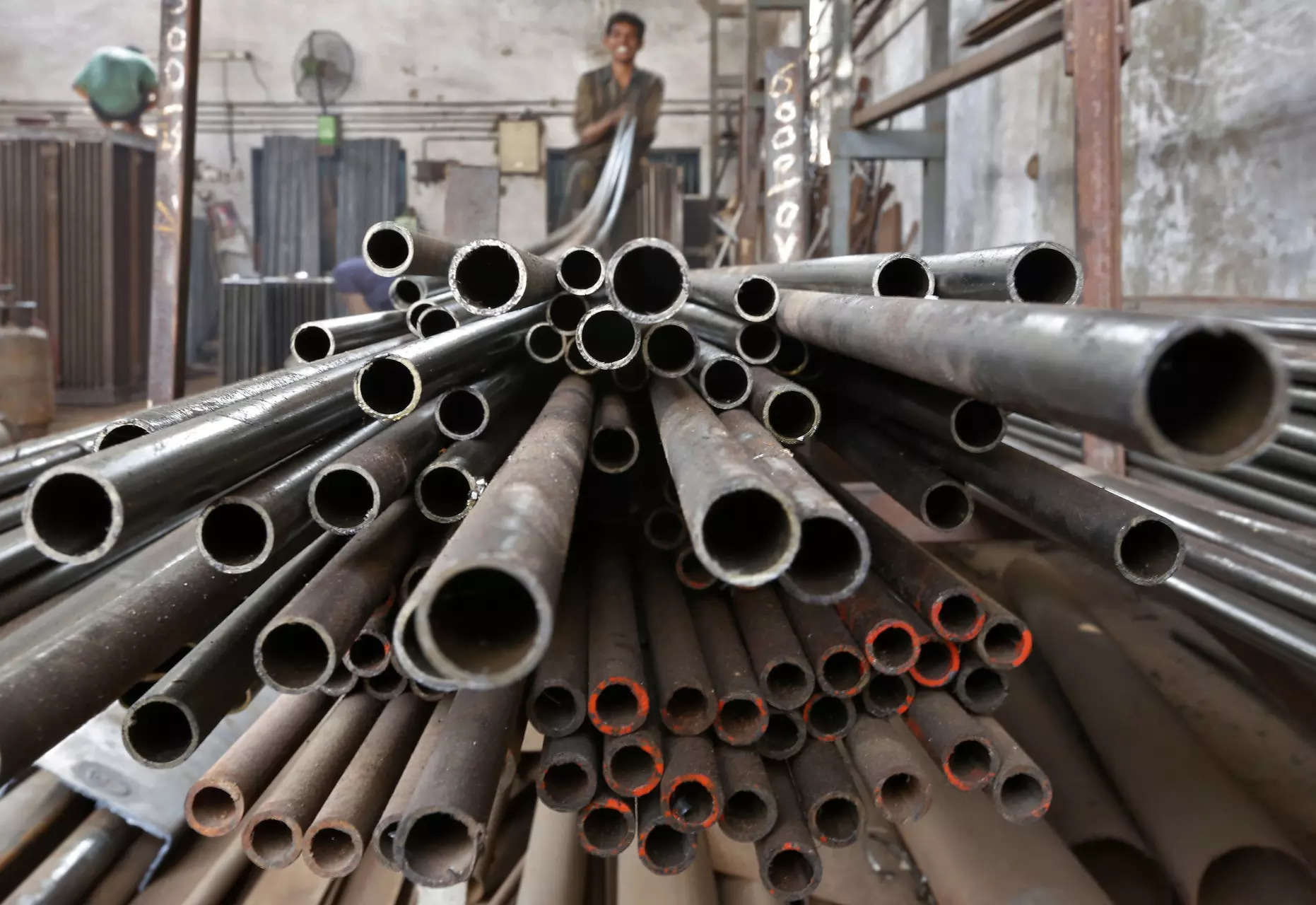At the entrance of Hirodih stands Gayday Iron & Steel Company, now corroded and abandoned, was once owned by the Tibetan spiritual leader and Nobel Prize winner. Spanning 350 acres, the plant was set up by the Dalai Lama in the 1960s after he acquired the land from the villagers for Rs 4 crore.
Once a major avenue for employment in the region, the factory has been shut for the better part of four decades now. Despite this, the people of the region hold out hope that it will be returned to its former glory.
These hopes are fuelled every election cycle, with promises forgotten every results day while administrative apathy pushes the people of Koderma out of the region.
- All
- Uttar Pradesh
- Maharashtra
- Tamil Nadu
- West Bengal
- Bihar
- Karnataka
- Andhra Pradesh
- Telangana
- Kerala
- Madhya Pradesh
- Rajasthan
- Delhi
- Other States
One of the first employees of the factory, Jung Bahadur Singh, now in his 70s spoke to Times of India about the once lively behemoth that churned out iron pipes. “Hirodih became the plant site on the advice of then-Prime Minister Jawaharlal Nehru. The land acquisition began in 1960 and production started in 1968. But, the plant was shut in 1976 owing to financial issues and poor record-keeping, and ran into a legal tangle,” says Singh, the man who continued to be on the factory’s rolls even as ownership kept changing hands. Singh is a resident of the Gamarwad village, one of the four villages where people voluntarily gave up their lands for the factory, hoping it would usher in prosperity for generations to come.Currently subject to multiple ownership claims, the factory saw itself slip away from the control of the Dalai Lama, eventually finding itself in a government auction, which led to an association of 500-plus workers going to court against it.
In 1982, Supreme Court directed the then govt of undivided Bihar to transfer the plant to Bihar Industrial Development Corporation (BIDC) for its revival, with a rider that “this land must only be used for industry”, Singh maintained.
But, the BIDC couldn’t do much to turn the plant’s fortunes around.
“After the formation of Jharkhand, many promised its revival during every election, but to no avail,” said Singh.
Between the late ’80s and early ’90s, the factory was renamed Magadh Spun Pipes Pvt Ltd and operated on a public-private partnership model till the late 2000s, but production halted thereafter.
With its ownership uncertain, the factory – now sealed – has had its fate in the hands of the National Company Law Tribunal for over a decade.
“Before I die, I want to see this factory in its old glory,” says 80-year-old Tusi Rezi, caretaker and cook at the factory guesthouse where the Dalai Lama often visited.
Another elderly villager, Nageshwar Singh, said salaries of many workers were still due. “It was due to emotional sentiments attached to the plant and the Dalai Lama that many kept working even when he had given up its ownership long back,” he remarked. “Even though the factory remained defunct, the villagers here ensured that its assets were preserved and unharmed, hoping that someday it would change our fortunes,” he added.
While Nageshwar is still in town, his sons work far far away, in Mumbai, while the region waits for their ancestors’ investment to pay off for their children.
There’s little indication that the fortunes of the factory, or of Hirodih, will see any change after the current cycle of elections either.


